In the spirit of the new UNESCO IHP IX Strategic Plan (2022 – 2029) “Science for a Water Secure World in a Changing Environment”, the two UNESCO Category 2 Water Centres of the Netherlands and Germany signed a MoU to complement their different profiles and activities to strengthen their work and products together with the UN and UNESCO water family for the benefit of all. The future cooperation of both centres also aims at supporting water programmes of other UN organizations intending to implement the goals of the UN Agenda 2030, the Sustainable Development Goals, especially SDG 6 and its nexus to the other SDGs.
A better understanding of the earth´s system, the global water cycle and its changes under drivers such as climate change, socio-economic changes, globalization, limited natural resources etc. needs more and more interdisciplinary efforts. In this sense, the MoU is looking for synergies among the two centres. The agreement focuses on the following four key areas of cooperation:
- Scientific research and innovation
by collaborating in MSc/PhD student supervision and research, staff exchange and mutually hosting students working on various topics in the field of water resources management. - Water Education and Capacity Development
Development and sharing of methods and tools based on new practices by the scientific community to translate scientific information into a format facilitating education, decision-making and policy formulation;teaching and learning materials on water-related matters for formal, non-formal andinformal education. - Bridging the data-knowledge gap
Improve collection and quality assessment methods for water quality data (surface water and groundwater); disseminate best practices on data collection and use (i.e. data products) by developing Open Educational Resources on these topics; implement the work of GTN-H Global Terrestrial Network-Hydrology (ICWRGC responsible for water quality, IGRAC for groundwater, ISMN for soil moisture) in education and capacity development, in collaboration with other organizations such as UNESCO, WMO, UNEP, FAO, GEO (possibly within the framework of UN-Water). - Providing scientific support to water governance
Support water diplomacy on transboundary aquifers with scientific products.
Aligned with the ninth phase of UNESCO IHP IX Strategic Plan (2022 – 2029), the MoU will be backed up with a working plan being tracked and adapted.
If you have any further questions about the MoU, please contact: Dr. Marianela Fader



